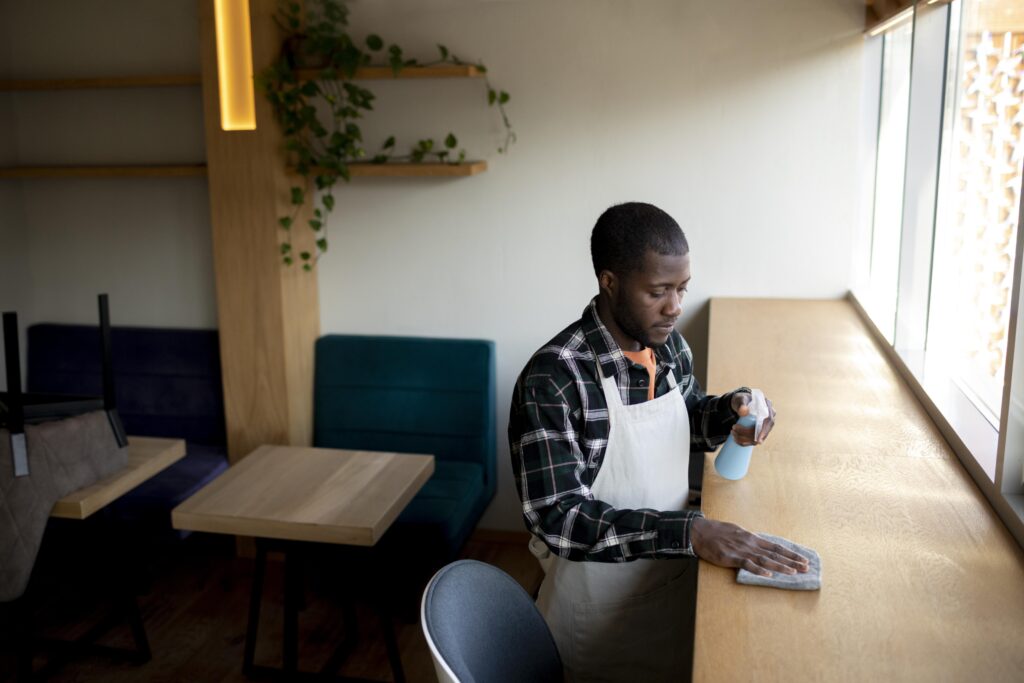The gig economy refers to the growing trend of short-term and flexible work arrangements. This article showcases how we can prepare for the future of work in the gig economy
The world of work is undergoing a major transformation. According to a report by the World Economic Forum, by 2025, 85 million jobs may be displaced by automation, while 97 million new roles may emerge that are more adapted to the new division of labor between humans, machines, and algorithms.
Moreover, the Covid-19 pandemic has accelerated the adoption of remote and hybrid work models, as well as the demand for digital skills and competencies.
One of the consequences of these shifts is the rise of the gig economy, which is characterized by the prevalence of short-term contracts, freelance work, and on-demand services.
The gig economy offers workers more flexibility, autonomy, and variety, but also poses challenges such as income insecurity, lack of benefits, and reduced social protection.
According to a survey by McKinsey, about 20 to 30 percent of the working-age population in the United States and Europe engage in some form of independent work, and up to 162 million people in these regions are involved in the gig economy.
How can we prepare for the future of work and the gig economy? Here are some suggestions:

1. Embrace Lifelong Learning
The future of work requires us to constantly update our skills and knowledge to keep up with the changing demands of the labor market. Lifelong learning is not only a necessity, but also an opportunity to explore new interests, passions, and careers.
We can take advantage of various online platforms, courses, and programs that offer accessible and affordable education and training. We can also seek mentorship, coaching, and feedback from peers, experts, and employers to improve our performance and potential.
2. Build a Personal Brand
In the gig economy, we are essentially our own business. We need to market ourselves effectively to attract and retain clients, customers, and collaborators.
Building a personal brand means creating a unique and consistent identity that showcases our values, strengths, personality, and achievements.
We can use social media, blogs, podcasts, portfolios, and testimonials to communicate our brand and build our reputation. We can also network with other professionals, join communities, and participate in events to expand our reach and visibility.
3. Diversify our Income Streams
One of the risks of the gig economy is the unpredictability and volatility of income. To mitigate this risk, we need to diversify our income streams and create multiple sources of revenue.
We can do this by offering different types of services, products, or content that cater to different markets, niches, or audiences. We can also leverage our existing skills, assets, or hobbies to generate passive income, such as renting out our space, selling our creations, or monetizing our content.

4. Protect our Rights and Well-being
The gig economy often lacks the legal and social protections that traditional employment offers, such as minimum wage, health insurance, pension, and sick leave.
To protect our rights and well-being, we need to be aware of the laws and regulations that apply to our work, and negotiate fair and transparent contracts with our clients or platforms.
We also need to take care of our physical, mental, and emotional health, by setting boundaries, managing stress, maintaining a work-life balance, and seeking support when needed.
Conclusion: How to Prepare for the Future of Work and the Gig Economy
The future of work and the gig economy present both opportunities and challenges for workers.
By embracing lifelong learning, building a personal brand, diversifying our income streams, and protecting our rights and well-being, we can prepare ourselves for the changing world of work and thrive in the gig economy.
Stuck with the 9-5 Rat Race? Here’s How to Escape with Your Thriving Online Side Hustle
Countless people have taken control of their destinies by building businesses on their own terms in recent years.
This article will equip you with a roadmap to navigate your escape.















